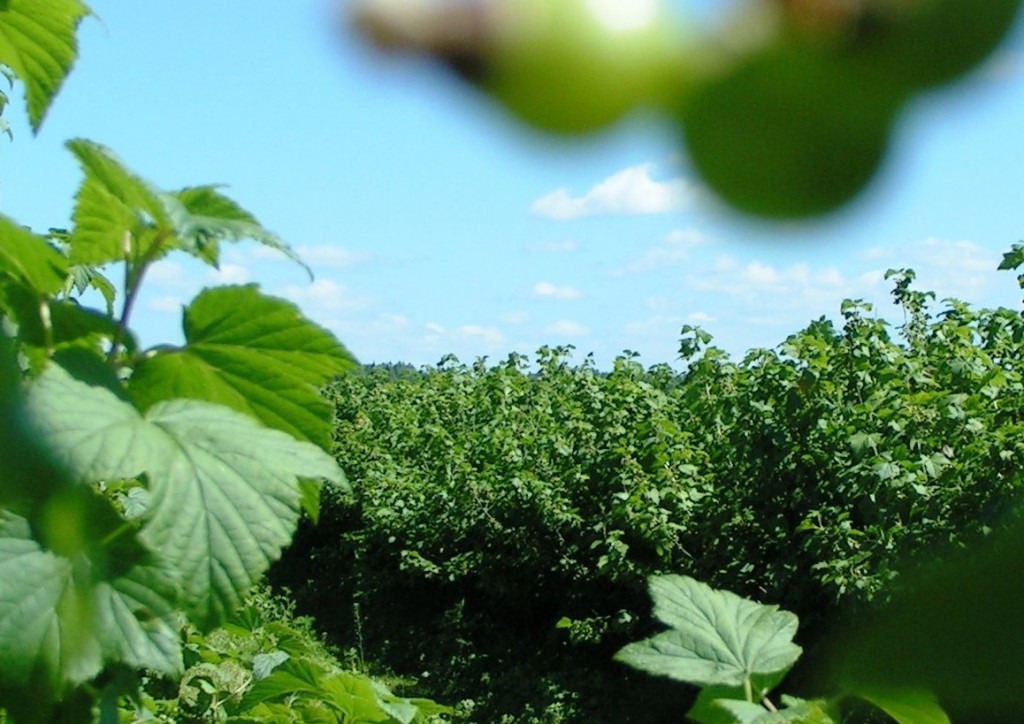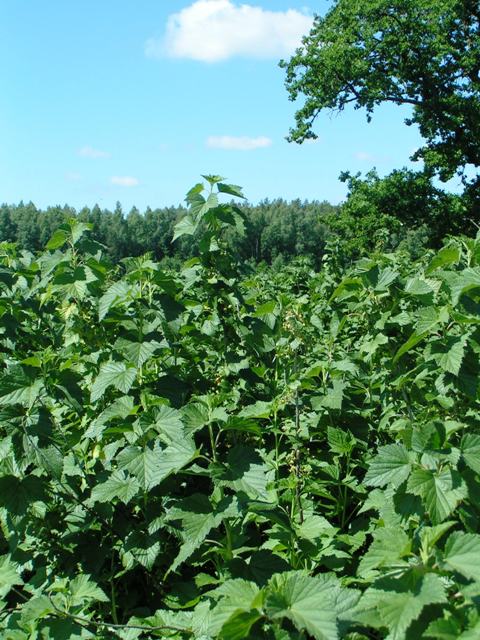Blackcurrant plant protection info now available on www.blackcurrant-iba.com
 Of course, every blackcurrant grower wants to keep his or her plantation healthy. And sustainable growing is one of the major concerns of the blackcurrant industry in general. Considering these two facts, the International Blackcurrant Association has decided to act and work on blackcurrant plant protection information.
Of course, every blackcurrant grower wants to keep his or her plantation healthy. And sustainable growing is one of the major concerns of the blackcurrant industry in general. Considering these two facts, the International Blackcurrant Association has decided to act and work on blackcurrant plant protection information.
The newly formed Agronomy & Plant Breeding sector group of the IBA, sponsored by Bayer, has therefore started its work last February. They have collected data from most of the blackcurrant growing countries. This data gives precious information on how these countries handle crop protection: Which products can be used? What do they contain? How much treatments can blackcurrant plantations receive, and when?
Results
Over the past months, the working group has checked the data. We have now finished to put it together for the easy use of our members here. This is only the first project of the sector group, and much more work is under way for the next months in other fields.
Of course, we will update blackcurrant plant protection information every year. We also hope to increase the number of participating countries little by little and add more and more value.
Sector Group members
If you want to know who is behind the sector group, you may check it here!
 The IBA keeps on scruiting the internet and the press for articles about blackcurrants. They may talk about health benefits, gastronomy, economy or growing methods – and many more. We gather them, save them, and make them available for the visitors of our website.
The IBA keeps on scruiting the internet and the press for articles about blackcurrants. They may talk about health benefits, gastronomy, economy or growing methods – and many more. We gather them, save them, and make them available for the visitors of our website. How surprised I was, when surfing the internet and coming over another blackcurrant festival which I had never heard about – wow! In a place with a strange spelling, making me think of Russia at the first sight, because Russia grows black currants on a huge scale.
How surprised I was, when surfing the internet and coming over another blackcurrant festival which I had never heard about – wow! In a place with a strange spelling, making me think of Russia at the first sight, because Russia grows black currants on a huge scale. The blackcurrant growers of the Northern hemisphere have completed the blackcurrant harvest 2016 in July and August. Unfortunately, we have nothing very joyful to report from any country:
The blackcurrant growers of the Northern hemisphere have completed the blackcurrant harvest 2016 in July and August. Unfortunately, we have nothing very joyful to report from any country: